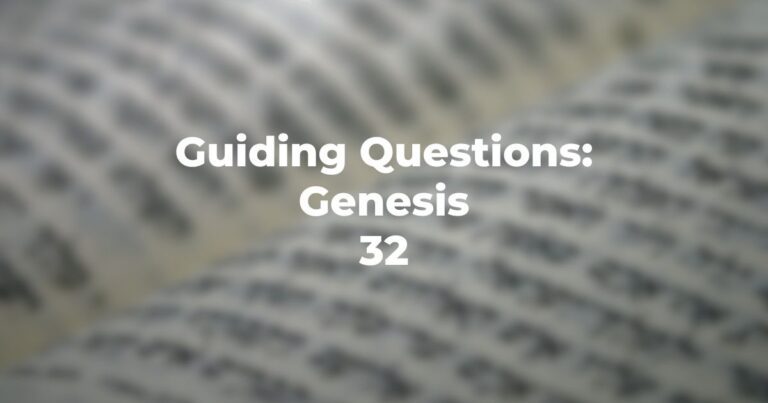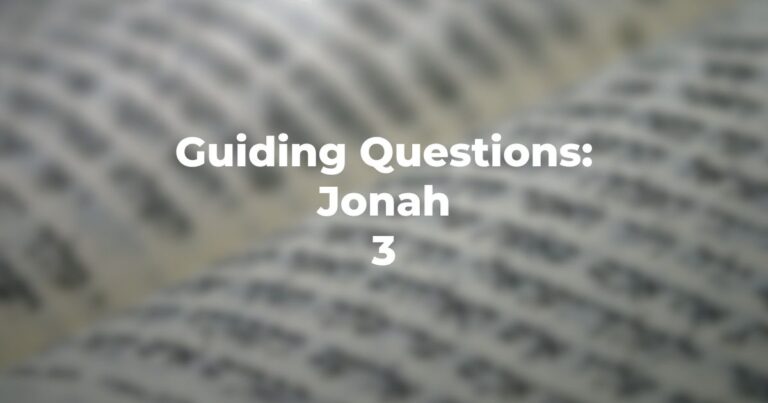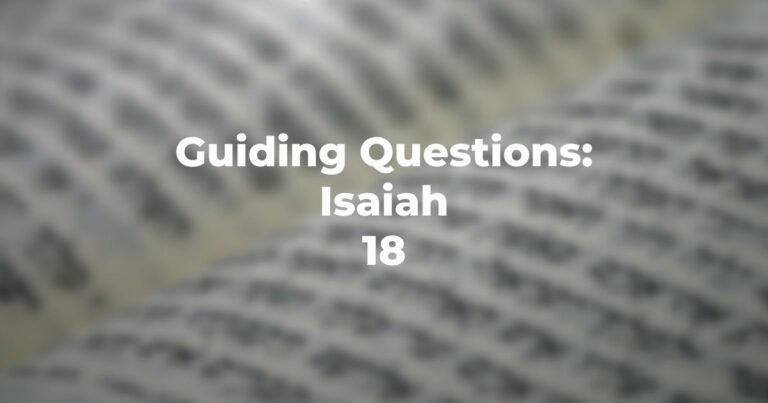- What are “nehashim”? Has this term been encountered before in text?
- What is meant by “ruah Elohim”?
- Does text say that Bilaam knew that it was “ruah Elohim”?
- Was Bilaam’s oracle his—or was he serving as a megaphone?
- Where is the word “neviim” usually found in TanakhAn acronym for the name of the Hebrew Bible: Torah, Neviim, and Ketuvim. Read more?
- What does Bilaam dwell upon—the acts of the Israelites and their lifestyle or their organization and their numbers?
- What key word is not mentioned in Numbers 24:3-9?
- Are the Israelites aware of what is happening? Are they in any way active in the drama or is it a drama of Divinity, a pagan king, and a pagan seer?
- Are Bilaam’s words to be understood as a “berakhah” or as a description?
- Would this chapter indicate that the mode and channels of communication of Divinity are “quite varied?”
- Is “description” necessarily “preference?” Are the verses of “Mah Tovu” a verbal portrait or a proffering of good wishes?
- And, (especially in Numbers 24:7) is there an implication that pagan seers (at times) are capable of the projective?
- In the final analysis, does this chapter indicate that any individual can be an instrument of Divinity?
Author
-

Exploring Judaism is the digital home for Conservative/Masorti Judaism, embracing the beauty and complexity of Judaism, and our personal search for meaning, learning, and connecting. Our goal is to create content based on three core framing: Meaning-Making (Why?), Practical Living (How?), and Explainers (What?).
View all posts




